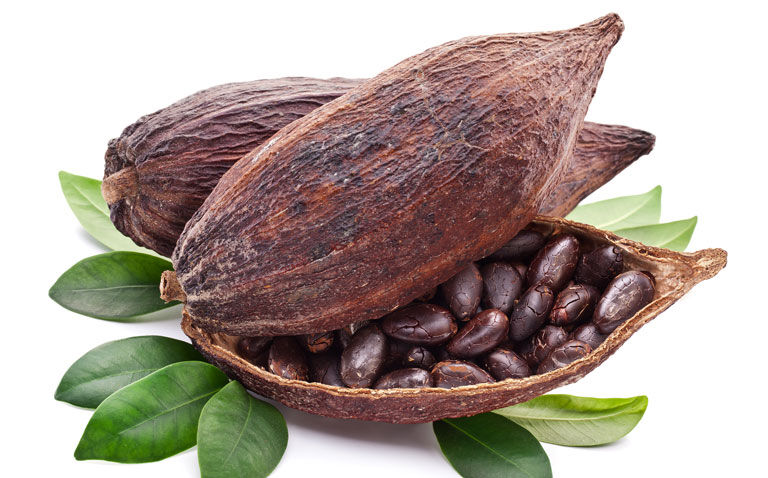A higher intake of dietary flavanols among older adults does not improve memory unless they have a poor diet, according to the findings of a three-year randomised trial.
In the three-year long randomised, double-blind, placebo-controlled trial published in the journal PNAS, researchers tested if a flavanol intervention could improve hippocampal-dependent memory.
The intervention was a cocoa extract containing 500 mg of cocoa flavanols per day. Diet was assessed using the alternative Healthy Eating Index (aHEI) and a urine biomarker was used to measure flavanol intake in a subset of patients. The primary outcome was a change in modified rey auditory verbal learning test – or ModRey – which is used to assess memory. Secondary outcomes included the Flanker task and ModBent, both of which are measures of cognitive function.
Cognitive ageing refers to age-related changes in cognitive function, such as reasoning, memory and processing speed, which typically occur as people get older. Research suggests that areas of hippocampal formation, in particular the dentate gyrus, are implicated in cognitive ageing.
Additionally, it is known that dietary flavanols enhance dentate gyrus function. A three-month randomised, placebo-controlled trial suggested that a flavanol-based dietary interventions may have a beneficial impact on cognitive ageing. Since this was a short-term trial, the US researchers wondered if a higher intake of flavanols over time could positively impact on the memory component of cognitive ageing.
Flavanol intake and improvements to memory
In the recent trial, a total of 3,562 older adults with a mean age of 71 years (66.9% female) were included and randomised to flavanols (1,744) or placebo and followed for three years.
After one year, there were no significant differences in the primary outcome between the two groups (mean difference, MD = 0.08, p = 0.415). Similarly, there were no differences in the two secondary outcomes. In fact, over the following two years, differences in both the primary and secondary outcomes remained non-significant. However, when researchers examined the effect of flavanol intake across aHEI scores, they found a significant improvement in ModRey in those with the lowest tertile aHEI scores (p = 0.011) but not the medium or high tertile.
Based on these findings, the authors suggested that a low intake of flavanols was a potentially important factor driving the hippocampal-dependent component of cognitive ageing.










